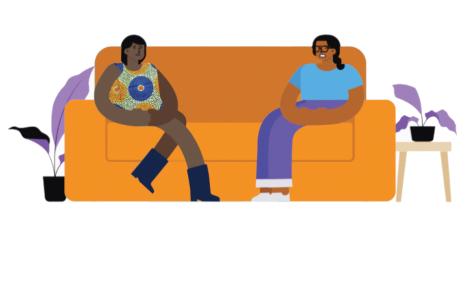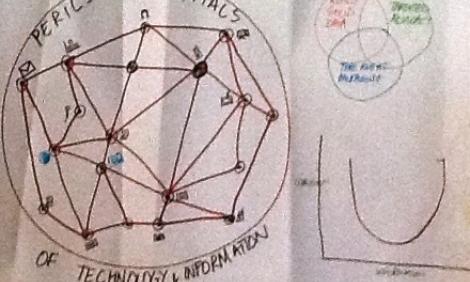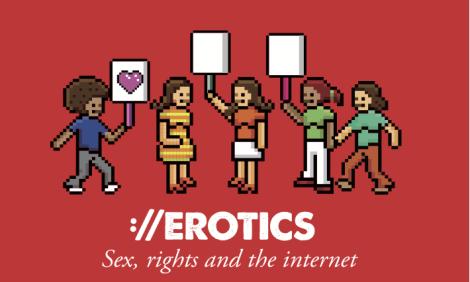
In depth
Interview with Eva Blum-Dumontet, Privacy International
Privacy allows women and members of marginalised communities to create safe spaces of expression and makes available tools that challenge norms that restrict equality, access and control. Bianca Baldo interviews Eva Blum-Dumontet, one of the authors of the recent report from Privacy International on gender and privacy.

In depth
Privacy, Personhood and Identity in Surveillance Societies
Privacy was initially understood simply as the right to be left alone. The increasing use of internet, social media, surveillance and algorithmic processing has however shifted the meanings of privacy, and here we explore the conceptual understandings of privacy and its links to autonomy, human dignity and self-determination.

In depth
"Revenge Porn": 5 important reasons why we should not call it by that name
This article sums up the different and important reasons why we should stop using the term "revenge porn" when describing certain kinds of violations online that entail the non-consensual taking and circulation of intimate images. Why does language matter and how does it shape our perceptions and responses? Sophie Maddocks tells us more, based on her extensive research and interviews with…

Feminist talk
Learning digital security as a “non-techie”
This article expresses personal experience of navigating the digital space and learning about digital security in a world filled with neurotypical upper caste people in authority.

In depth
Women are talking but Telegram is not listening
In this article, Garnett Achieng takes a deep-dive look into the Telegram app from the perspective of African women’s experience, particularly that of data privacy and online gender based violence.

In depth
How activism shapes your experience of being a citizen on the internet

Publication
Voices from digital spaces: Technology related violence against women
Drawing on findings from APC's MDG3: Take Back the Tech! project with women's rights organisations in twelve countries in Asia, Africa and Latin America, this paper explores the links between the internet, cell phones and violence against women and illustrates that technology related violence impacts women as seriously as other forms of violence.





